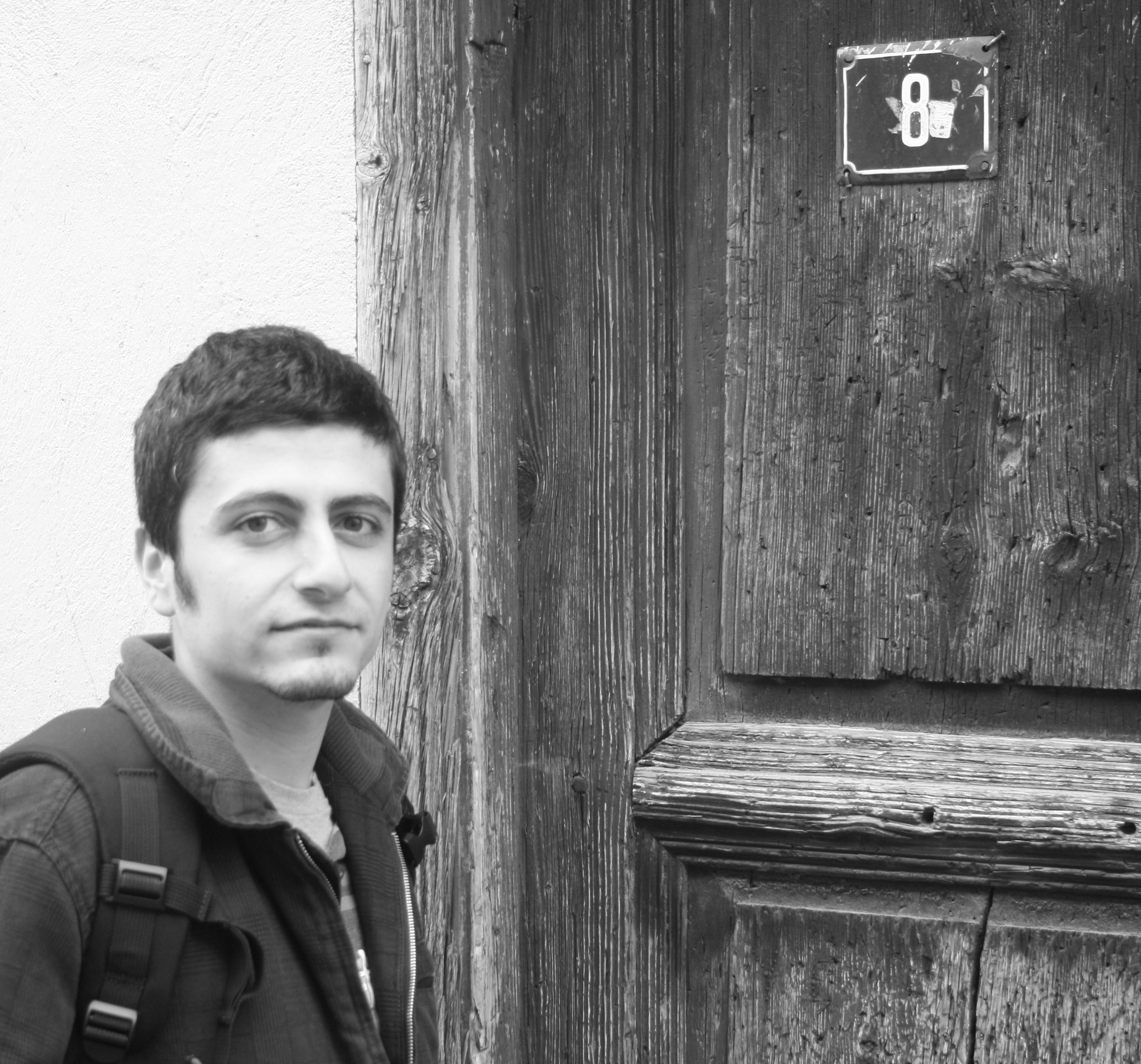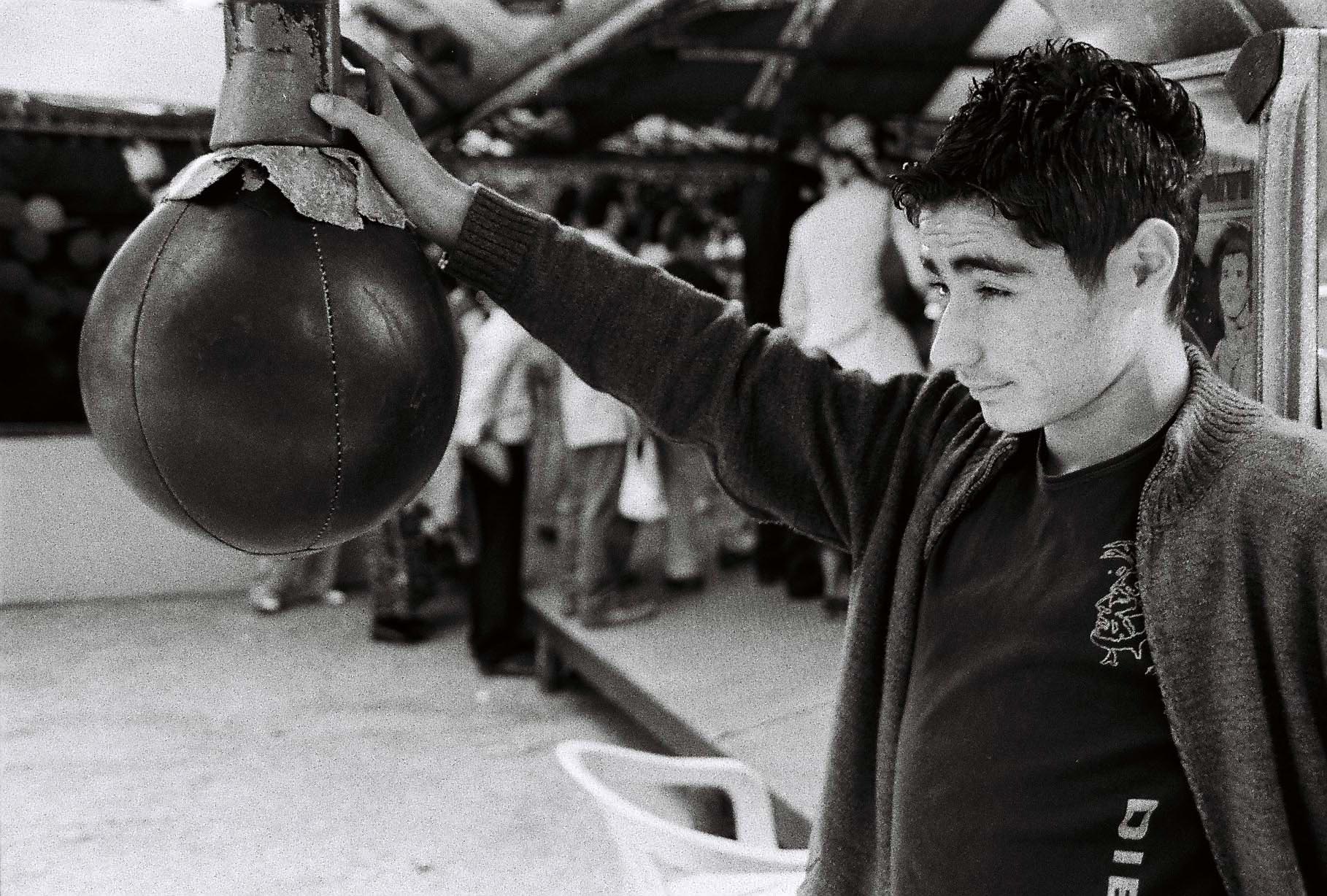
Cenk Cengiz conducted an oral history interview with an Armenian doctor living in Istanbul while he was a graduate student at Sabancı University History M.A. Program. Cenk's work is based on being bound to the land with a sense of belonging and a life story that is shaped around it.
Cenk: “I very much wanted to use oral history in my M.A. thesis at Sabancı University History Department. My relation to oral history is actually a short one that began with Leyla Neyzi’s class. I have to mention that what I understood about oral history prior to this class was that it was a way of getting the views of people’s who could have important knowledge on an issue. But during this semester, I realized that oral history is much more important in terms of expanding the diversity of voices that make history, as well as the resources that could be used for writing (or ‘rewriting’) history. Furthermore, I realized that this method, which we use to create texts in class, could also be used in cinema, thanks to the film screenings with the participation of the director in class, and that oral history should be used more in cinema. If cinema is to represent the unspoken, the untold and the ignored, I believe that oral history would have a great influence in providing this representation.”
From Cenk’s interview with Aram:
Aram: “You can feel pressure from the outside. For example, when you are on an intercity journey, it is always troublesome. Someone will ask your name and you will have to give an answer. For the following question is very widespread: ‘Where are you from?’ Where do I come from, that is, I am a citizen of the Republic of Turkey. What would happen if I say I am Armenian? ‘Your name is so different!’ (laughter) But sometimes it works… Naturally, an occasion to chat emerges, too. But, on the other hand, it is always a disturbing feeling: you speak Turkish, and they ask ‘Where are you from?’ ”
You can listen to Aram:

